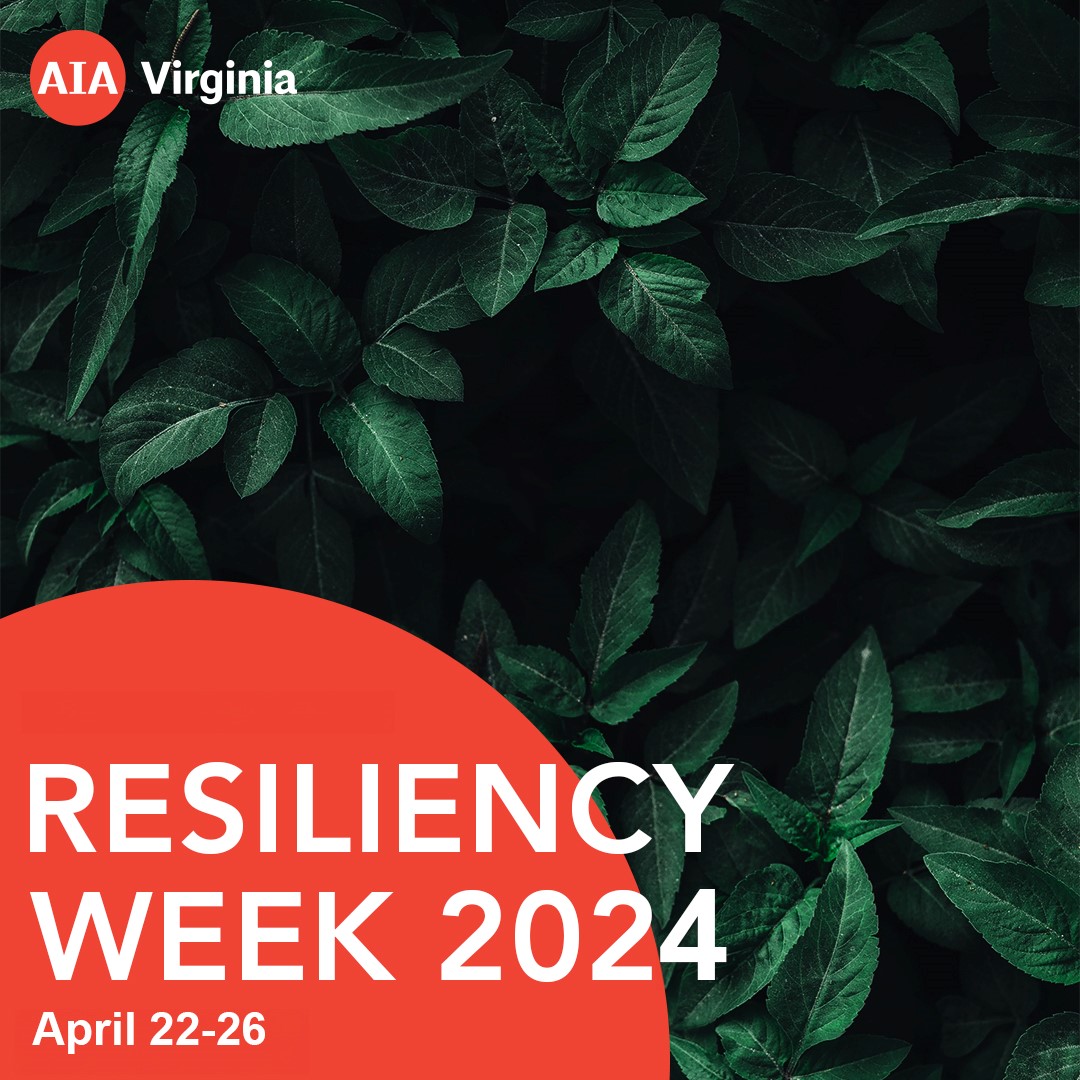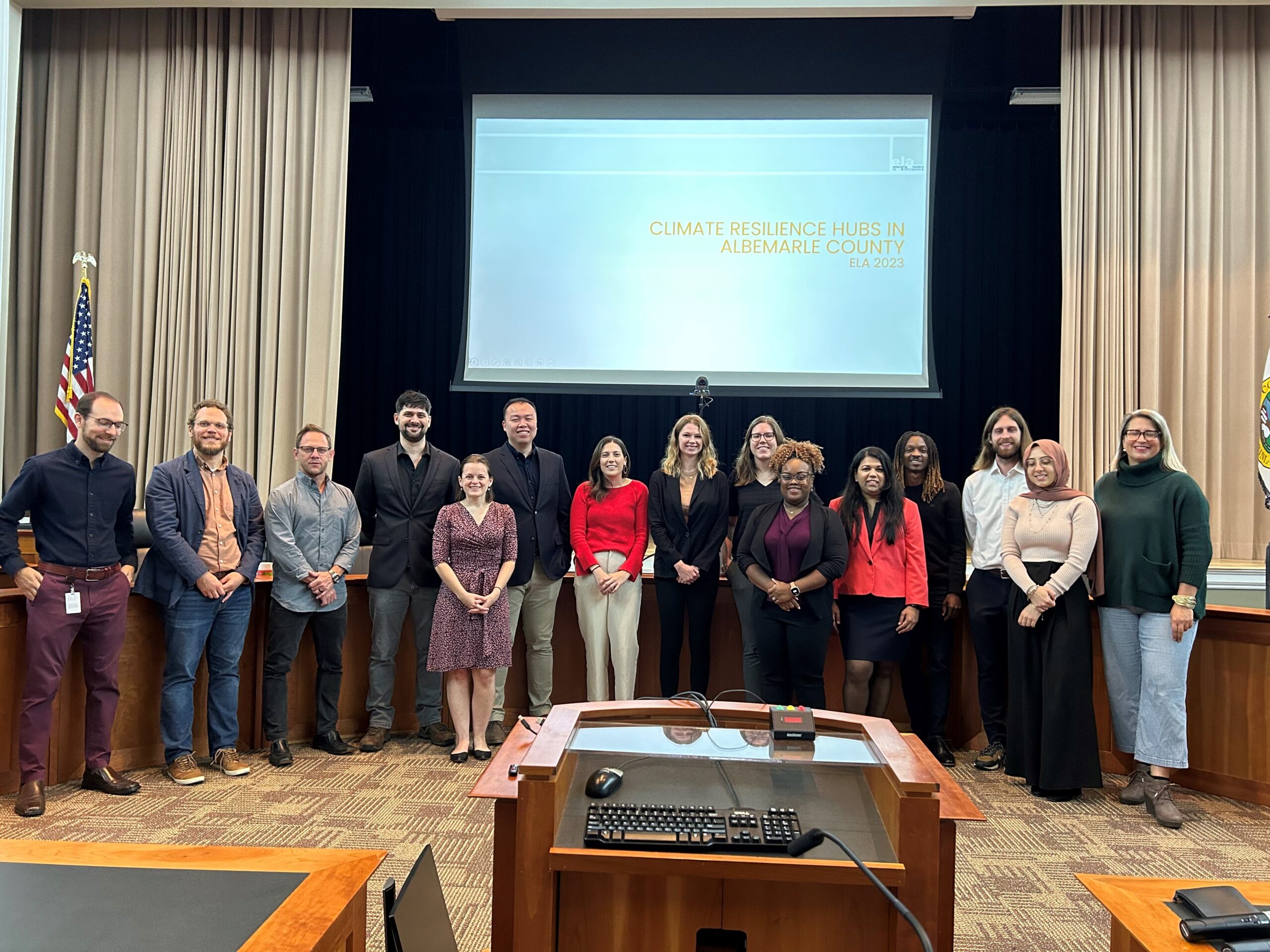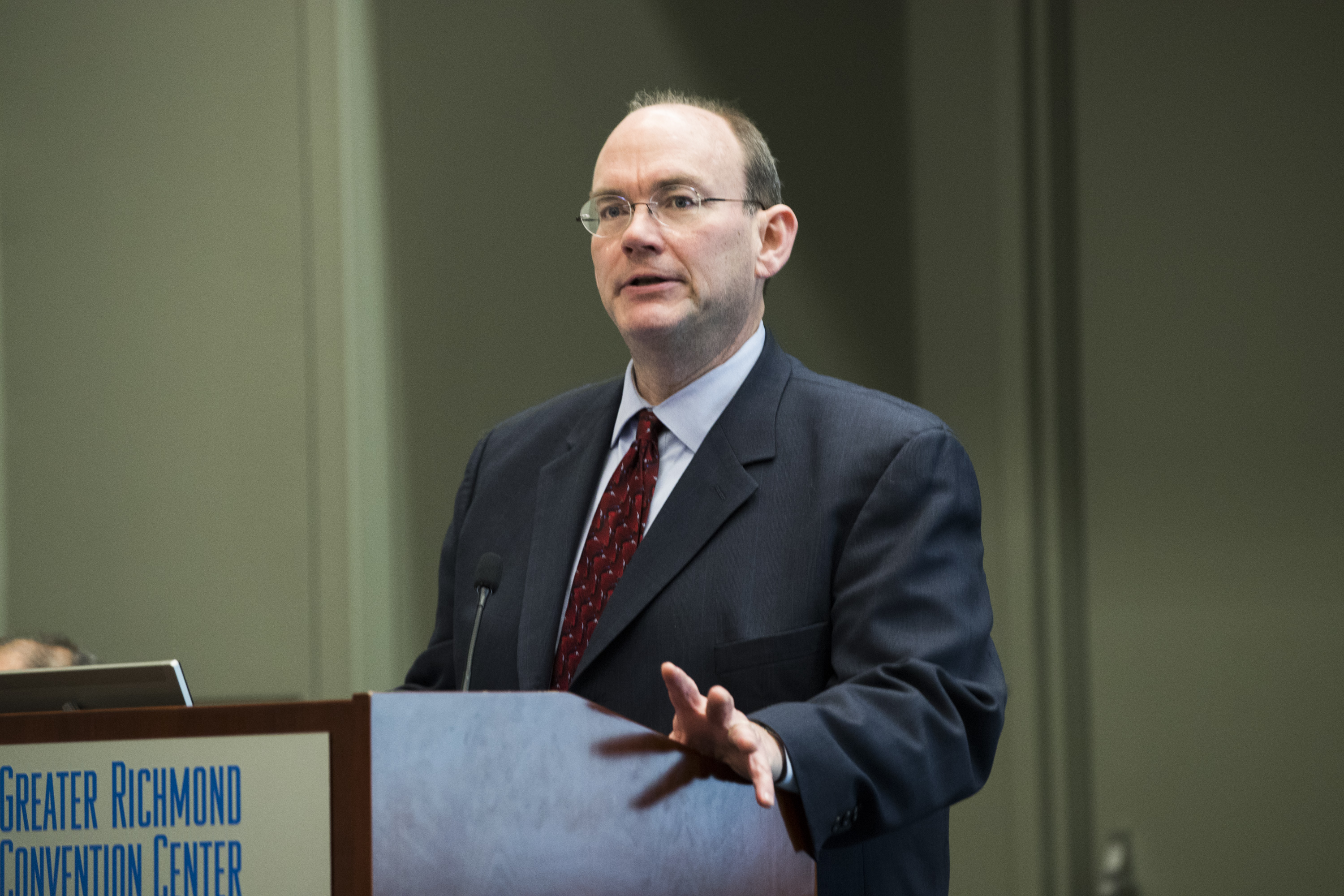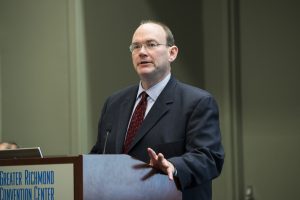The RDC encourages and assists the AEC (architectural-engineering-construction) industry in designing and building high-performance resilient facilities that save money, improve people’s lives, and ensure a sustainable future.
The RDC was conceived in late 2023 by Virginia Architect, Steve Sunderman, because it seemed that there was plenty of “talking the talk”, but not much “walking the walk” concerning resilient design strategies for new architectural projects. So, with assistance from the AIA Virginia and ARISE-US organizations, the RDC was formed to advise and assist architects, engineers, and others in identifying project hazard risks and implementing effective resilient design strategies for their actual projects. To date, this effort has been all volunteer-based.
The Problem: There is no greater blow to sustainability than destruction. Climate change is real and significantly increasing natural hazards, damaging and destroying our built environment and way of life. We cannot afford to keep designing and building the same as we did in the past.
The Solution: The AEC industry must create resilient infrastructure so our communities can be sustainable places to live, work and thrive for this and future generations.
The RDC meets via Zoom on the first Tuesday of each month from 3:00-4:00 PM Eastern time with participants nationwide sharing their sustainable and resilient performative expertise.
The RDC will make a positive impact on our communities as well as the entire planet for generations.
- RDC VISION: All building projects are designed to create resilient and sustainable communities.
- RDC MISSION: Work collaboratively with the building design and construction community to promote and create sustainably resilient projects that resist, absorb, recover from, or successfully adapt to manmade and natural hazards.
- Action Plan 1: Organize a group of architects and others to meet virtually and, when needed, in person, to discuss means and methods to implement appropriate resilient design strategies for their actual projects.
- Action Plan 2: Create a library of resilient design Case Studies for others to reference as examples to influence their project design efforts.
- Action Plan 3: Create a network of AEC professionals nationwide to collaborate and create resilient facilities for this and future generations.
Please contact Steve Sunderman if you would like to learn more about our mission and how you too can help us advance resilient design strategies for more sustainable communities.






